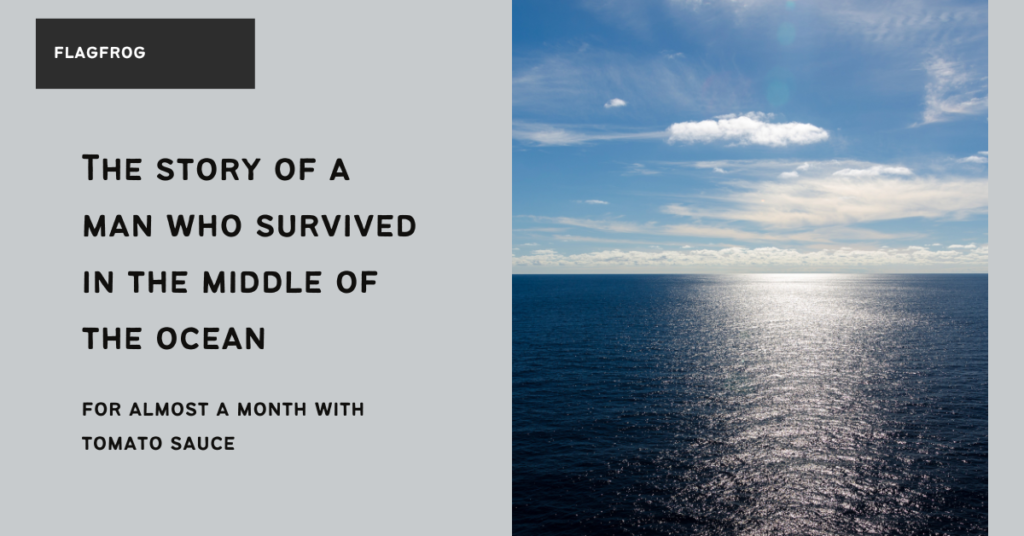The Story
After almost a year and a half alone below, an exceptional Spanish climber got out from a cave, telling supporters she didn’t want to come out because “I hadn’t finished my book.”
Beatriz Flamini, 50, came to the surface Friday after 500 days — and two birthdays — in solitude approximately 230 feet below the earth west of Granada, oblivious of the Ukraine conflict, the removal of COVID-19 limitations, or the death of Queen Elizabeth II.
Flamini, whose 500th day in the subterranean was supposed to be the end of her stay, remarked, “When they came to get me, I was asleep.” “I believed that something had occurred. I said, “Already? Of course not. My novel wasn’t quite done.

When asked if she had ever felt scared underground, she said, “Never. I didn’t even want to leave!”
The people who brought Flamini food and other goods while she was in the cave said that the time she spent alone underground was a record. The Guinness Book of World Records didn’t know right away if that was true.
Flamini entered the cave on November 20, 2021, however, her team stated she emerged for eight days to fix a router used to relay audio and video but stayed alone in a tent.
She said that she worked out, painted, knitted hats, and read 60 books while she was in the cave. It didn’t take her long to forget what time it was.
“On day 65, I stopped counting and lost track of time,” she stated. “I had internal conversations with myself and got along very well with myself, but I never spoke to myself out loud.
Flamini stated, “You must always be aware of your emotions.” Fear is a natural emotion, but never give in to hysteria or you will become incapacitated.

Her support crew was under tight instructions not to speak directly with her while providing her with clean clothing, removing her trash, and feeding her – even prized avocados and fresh eggs.
“If there is no communication, there is no communication,” she stated, regardless of the circumstances. “Those who knew me understood and respected that.”
Experts monitored Flamini and provided him with a crisis button, which he never used.
A team of psychologists, researchers, cave specialists, and physical trainers will now examine her in order to study the effects of isolation and possible disorientation from being isolated for such an extended period of time.
fun fact
A former Japanese soldier who hid in the Philippine jungle and fought guerrillas for three decades because he “didn’t believe” World War II was over has died in Tokyo at the age of 91.
In 1974, Hiroo Onoda set up a guerrilla group in the jungles of the Philippine island of Lubang, convinced that World War II was over, and decided to lay down his weapons.
Before that, airborne flyers and all sorts of other ways to tell him the truth that the Imperial Japanese Army had lost the war had all been unsuccessful. Until the former commander traveled to meet in the forest. and asked him to put down his weapon.
Onoda was one of the dozens of Japanese soldiers across Asia who refused to admit defeat. These people were seen as symbols of their determination and incredible loyalty to fight for the emperor’s glory.
After serving as an information officer and guerrilla technique instructor, Onoda was sent to Lubang in 1944 and was told not to surrender, and not to use suicide attacks. and try to withstand the enemy until reinforcements arrive.
Onoda later explained that he had previously refused to drop his weapons because he thought all the persuasion was done by the US-appointed government of Tokyo.


